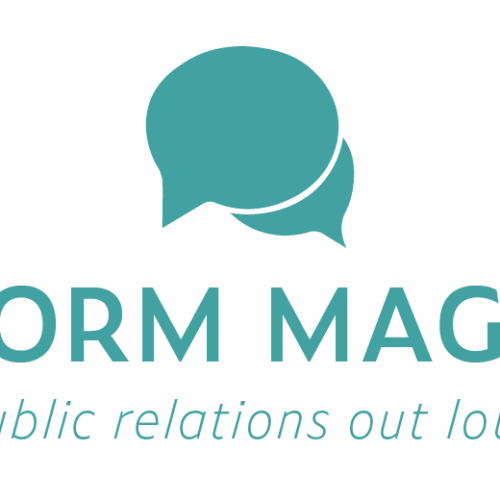The PR of Mental Health Buzzwords
Published on October 24, 2023, at 9:22 p.m.
by Jadyn Fenton, Guest Contributor.
“My social anxiety is so bad.”
“Ugh, I am so depressed.”
“That was traumatic.”
“You just gaslit me.”
“He’s so narcissistic.”
“I have the worst OCD.”
I’m willing to bet that if you’ve ever spent time on TikTok or Instagram, you have heard some version of these phrases. None of

them are inherently wrong, and as an advocate of mental health destigmatization myself, I could never discount someone’s experience of mental illness. However, we are doing ourselves, our youth and our society a disservice by overusing mental health buzzwords online.
The call to action for public relations professionals and students alike is to accurately and fairly communicate about mental health. I would argue that the large number of mental health buzzwords we are seeing on social media sites is not an accurate nor fair depiction of the true volume of mental health diagnoses.
I’d never want to discredit anyone’s struggles with mental illness. I know firsthand what anxiety and depression look like, but the rate at which these words are used on social media is alarming if all the claims are true. On the other hand, if these claims are false, we have a serious crisis of misidentification and misinformation.
It is wonderful that there is an increased awareness and more open forum for mental health discussions. However, when we overuse these words, it is harmful. In a Health.com article, Cleveland Clinic psychologist Susan Albers-Bowling, Psy.D., said, “The downside is that many people are using these complex and nuanced terms in incorrect ways.”
I believe we have lost sight of the normalcy of our emotions. Younger generations have been taught that in order to stand out, they have to attach to and identify with a label. “Worry” is labeled “anxiety.” “Sadness” is labeled “depression.” “Selfishness” is labeled “narcissism.” “Organization” is labeled “OCD.” For the people who actually struggle with these very real and difficult illnesses, it is disheartening to see them flung around so casually online.

In a Time Magazine article titled “6 Red Flags About the Mental-Health Content You’re Being Bombarded With on Social Media,” writer Angela Haupt noted, “Therapy speak is infiltrating everyday language. Talk about boundaries, repression, inner-child work, attachment styles, trauma, triggers — and much more — is tossed around frequently and casually.” These misrepresentations of the terms can sometimes “[dilute] their meaning,” said Mollie Spiesman, a licensed clinical social worker in New York, in the article.
Social media has watered down these terms to the point where we have forgotten what they truly mean.
As public relations professionals and students, we need to encourage critical conversations around mental health. By encouraging proper usage of these words and creating a safe, open forum for mental health discussion, we, as PR professionals, can redefine mental health communication.
We need to allow space for people struggling with these illnesses to ask for help and reach out to others. We need to let the

professionals diagnose and offer treatment. We need to increase awareness about the true meaning of these terms and encourage their proper usage.
We can end stigmas without letting words like “anxiety” and “depression” get thrown around like they mean nothing. Let’s allow these words to hold the weight they deserve.




